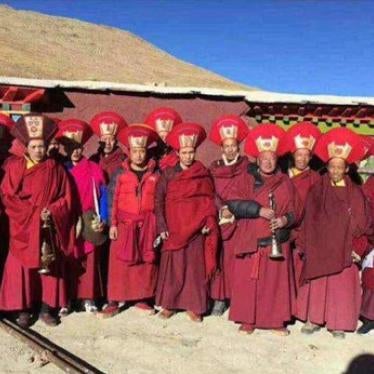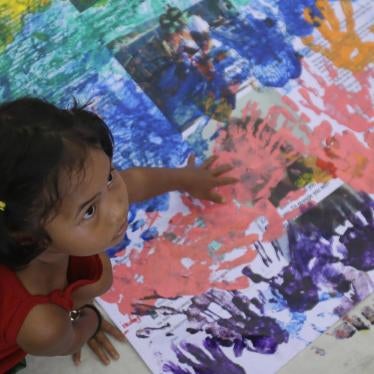(New York) -- The Indian government should immediately launch a full investigation into allegations that police used excessive force against Dalits (or “untouchables”) who tried to participate in a religious ceremony in Tamil Nadu last week, Human Rights Watch said today.
Police used excessive force and targeted Dalits while responding to a riot at the Kandadevi religious festival on July 1, according to the Dalit Human Rights Monitoring Program. At least 20 Dalits were injured, eight requiring hospitalization.
“It seems that Dalits are still considered untouchable for religious purposes, but not when it comes to the police using force against them,” said Sam Zarifi, deputy director for Human Rights Watch’s Asia Division. “There should be an immediate investigation into this violent incident, and all those responsible should be prosecuted.”
Some one thousand Dalits had joined a crowd of 6,000 gathered for the Kandadevi festival. The Dalits wanted to take part in the ceremony, during which Hindus derive religious honor from manually towing a chariot-like structure holding a religious idol. A riot broke out when upper-caste Hindus forcefully barred Dalits from participating in the ritual. In the ensuing melee, the two sides resorted to throwing stones at each other.
According to the Dalit Human Rights Monitoring Program, the police reacted to the protest by targeting the Dalit demonstrators with excessive force. Members of the Monitoring Program who investigated the incident said police had used batons and rifle butts to beat protestors on the face, back, chest and buttocks.
Witnesses told the Monitoring Program that some policemen had also used racist language to abuse the Dalit protestors, particularly focusing on Dalit women. Some policemen allegedly told the protesters, “We will not rest until you are killed.”
Police prevented a fact-finding team, which had planned to monitor the ceremony, from reaching the site, raising concerns that officials had planned their violent response to the protest.
“The Indian government needs to send a message that it will not tolerate police brutality, especially when it is coupled with racist, anti-Dalit discrimination,” Zarifi said. “It’s particularly troubling that independent monitors were kept away from the event. The best thing to do now is to conduct a transparent and fair investigation that shows that the Indian government does not favor one caste over another.”
Background
The Kandadevi festival had become the focus of tension because Dalits had been excluded by upper-caste Hindus from the ceremonies for nearly a century. Since 1947, after India’s independence, Dalits have been attempting to reclaim that right and in 1999 won a court order stating that all Hindus—including Dalits—were entitled to pull the chariot.
In 2002 despite the court order, the local government failed to ensure that Dalits could participate. Last year a Dalit district chief attempted to work out a peaceful solution, but protests by upper-caste groups eventually led to cancellation of the ceremony. This year, as part of a compromise attempt between different groups, only 10 Dalits were selected at random for the rope-pulling festival, despite protests from the Dalit community.
The Indian constitution bans discrimination against “untouchables.” Dalit groups, as well as Human Rights Watch, have repeatedly urged the Indian government and the state governments to train district officials and police personnel charged with enforcing India’s anti-discrimination laws. At the same time, the national and state governments should launch an effective public awareness campaign regarding the legal prohibition of “untouchability” and other forms of discrimination and violence against Dalits.






